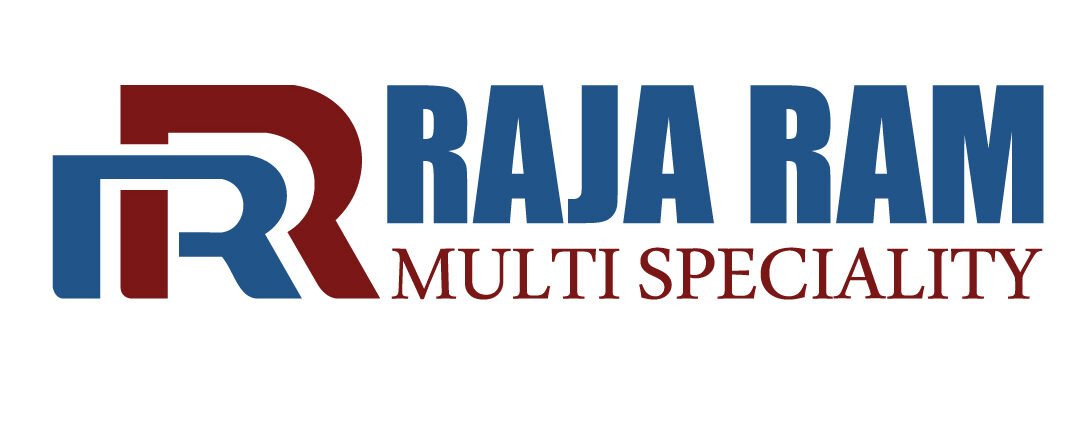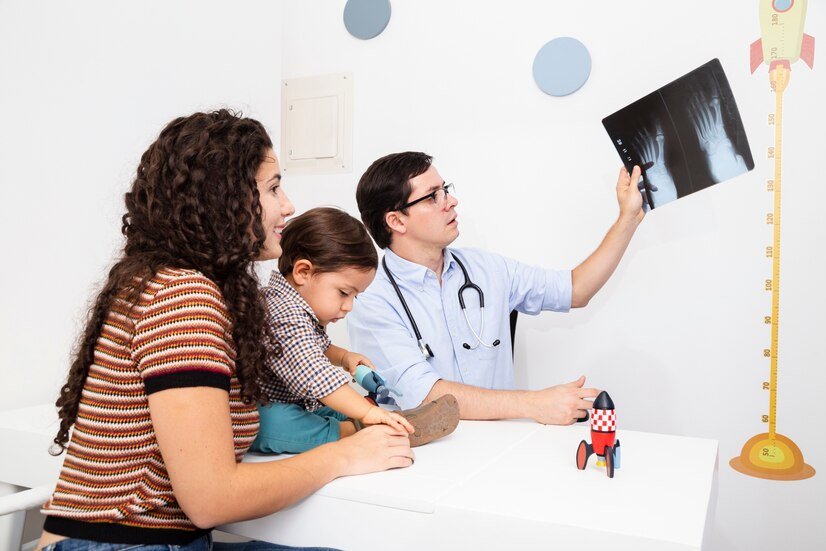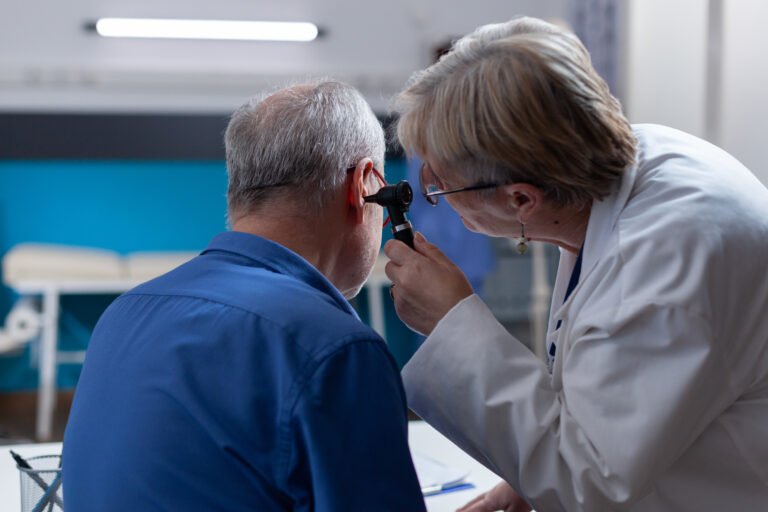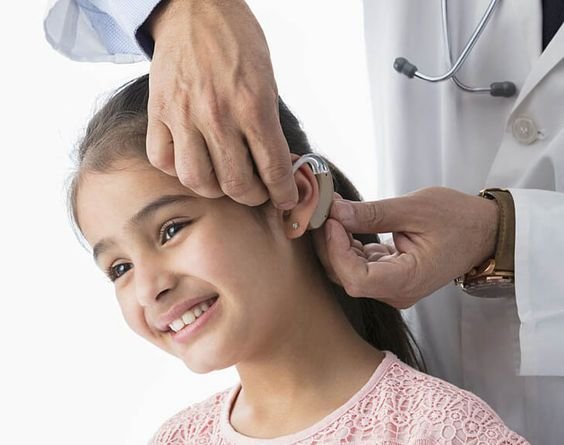Collaborative Care In Pediatric ENT: The Multidisciplinary Approach For Better Outcomes
Pediatric Ear, Nose, and Throat (ENT) conditions can present complex challenges that require a comprehensive and coordinated approach to diagnosis and treatment. In recent years, the importance of collaborative care involving a multidisciplinary team of healthcare professionals has been increasingly recognized in pediatric ENT. This approach facilitates the integration of expertise from various specialties to address the diverse needs of young patients and achieve optimal outcomes. In this article, we will explore the benefits and principles of collaborative care in pediatric ENT and highlight the key roles of different healthcare professionals in this interdisciplinary approach.
To Know More About It Please Click Here
The Importance of Collaborative Care
Pediatric ENT conditions often involve interconnected systems and may impact multiple aspects of a child’s health and development. By adopting a collaborative care model, healthcare providers can pool their expertise and resources to provide comprehensive and holistic care tailored to the individual needs of each patient. This approach ensures that all aspects of a child’s condition, including medical, surgical, developmental, and psychosocial factors, are addressed in a coordinated manner, leading to better outcomes and improved quality of life.
Key Players in Collaborative Care
- Pediatric Otolaryngologists: As specialists in pediatric ENT, otolaryngologists play a central role in the diagnosis and treatment of ear, nose, and throat conditions in children. They are responsible for conducting thorough evaluations, performing procedures and surgeries when necessary, and coordinating the overall care plan.
- Pediatricians and Family Physicians: Primary care providers play a crucial role in the early identification and management of pediatric ENT conditions. They are often the first point of contact for families seeking healthcare services and play a key role in referring patients to otolaryngologists and other specialists as needed.
- Audiologists and Speech-Language Pathologists: Audiologists specialize in the evaluation and management of hearing disorders in children, including hearing loss and auditory processing difficulties. Speech-language pathologists work with children who have speech, language, and communication disorders, which may be associated with certain ENT conditions.
- Allergists and Immunologists: Allergists and immunologists are involved in the diagnosis and management of allergic and immunologic disorders that may contribute to pediatric ENT conditions, such as allergic rhinitis, sinusitis, and asthma.
- Pediatric Dentists and Orthodontists: Dental and orthodontic issues can sometimes be associated with pediatric ENT conditions, particularly those affecting the mouth and jaw. Collaboration with dental specialists is important for comprehensive management, especially in cases involving craniofacial anomalies or obstructive sleep apnea.
- Psychologists and Social Workers: Psychologists and social workers play a vital role in supporting the emotional and psychosocial well-being of children with chronic or complex ENT conditions and their families. They provide counseling, coping strategies, and resources to help families navigate the challenges associated with diagnosis, treatment, and long-term management.
Benefits of Collaborative Care
The collaborative care model offers several advantages for pediatric ENT patients and their families:
- Comprehensive Evaluation: A multidisciplinary team can conduct comprehensive evaluations that consider all aspects of a child’s health and development, leading to more accurate diagnoses and tailored treatment plans.
- Coordinated Treatment: By working together, healthcare providers can ensure that treatments are seamlessly integrated and coordinated, minimizing gaps in care and optimizing outcomes.
- Holistic Support: Collaborative care addresses not only the physical aspects of pediatric ENT conditions but also the emotional, developmental, and psychosocial needs of patients and their families, promoting overall well-being.
- Educational Resources: Families benefit from access to a diverse range of educational resources and support services, helping them better understand their child’s condition and navigate the healthcare system.
Conclusion
Collaborative care involving a multidisciplinary team of healthcare professionals is essential for achieving optimal outcomes in pediatric ENT. By leveraging the collective expertise and resources of various specialties, this approach ensures that children with ear, nose, and throat conditions receive comprehensive, coordinated, and patient-centered care. Moving forward, continued collaboration and communication among healthcare providers will be key to advancing the field of pediatric ENT and improving outcomes for young patients around the world.
Also, Follow us on Instagram








